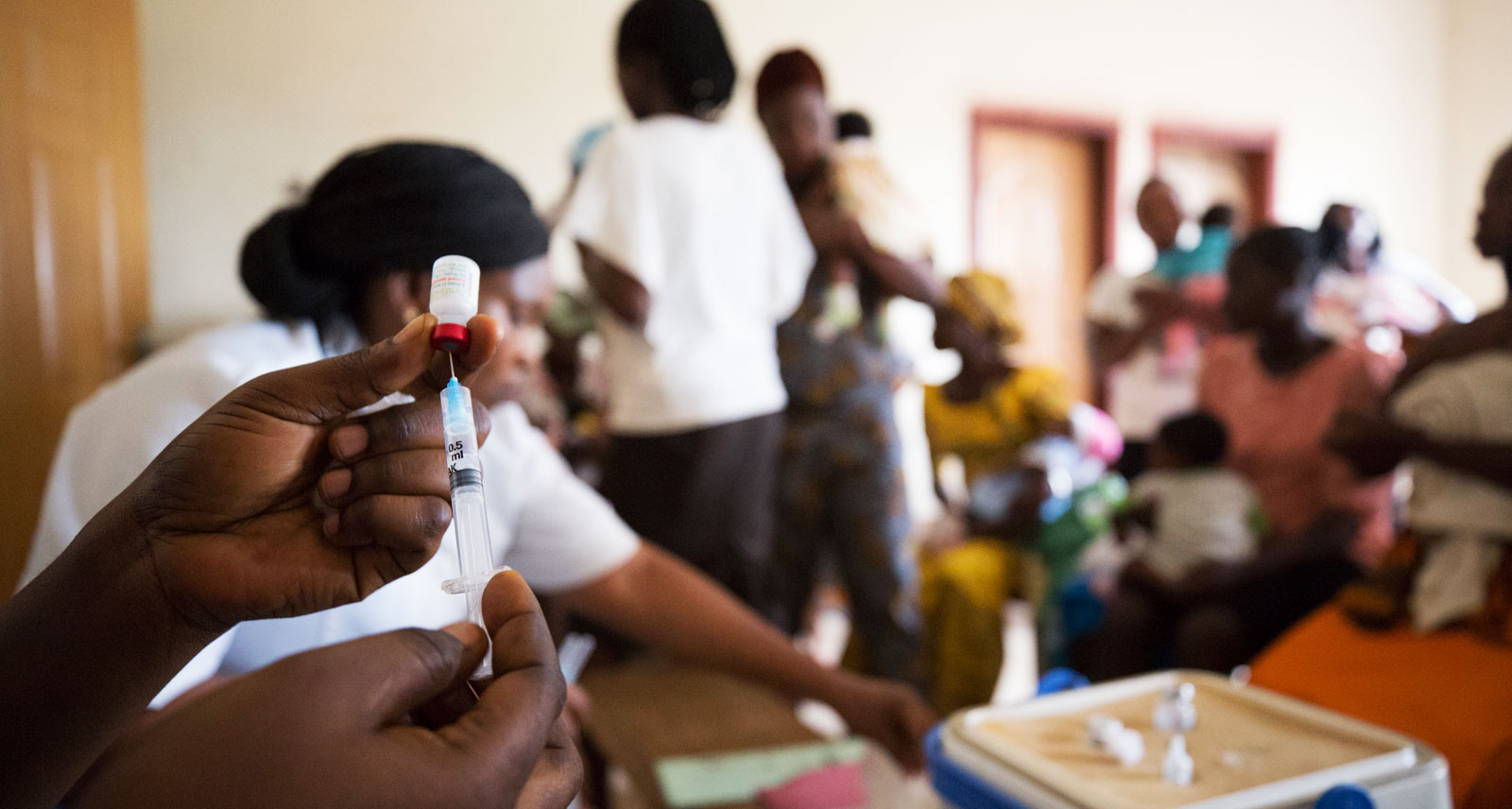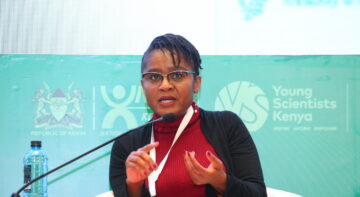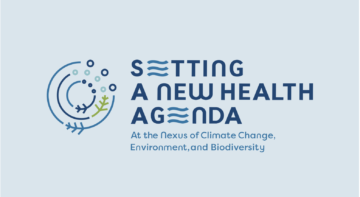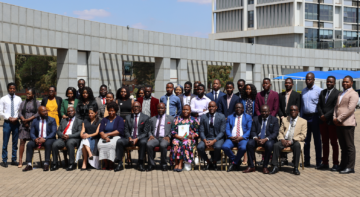Blogs

Sepsis is a life-threatening condition caused by your body’s toxic response to infection. Globally, there are an estimated 30 million cases of sepsis each year, over 7 million of which end in death. In fact, sepsis is the second biggest cause of death in the world and the leading cause of preventable death. Despite being a major killer, sepsis remains broadly unknown by the general public and health care workers and is under-prioritised by decision-makers.
To address this lack of awareness and under-prioritisation of sepsis, Dr Paul Kawale, a public health social scientist and Knowledge Translation Scientist at the African Institute for Development Policy (AFIDEP), was interviewed by journalist Meclina Chirwa in a live broadcast on Timveni Radio in Malawi. Dr Kawale is project manager on the African Research Collaboration on Sepsis (ARCS). The interview was designed to spark dialogue on sepsis in an effort to bring greater awareness to the issue. In his interview, Dr Kawale informed the public on what sepsis is, its burden on society, and why it is critical to prevent sepsis and save lives. The interactive nature of the interview allowed for the general public to call in, to ask questions, and seek clarifications about sepsis. This engaging interview marked an effective way of bringing awareness to an under-appreciated and complicated health issue like sepsis. Below is an overview of key messages that arose from the interview.
Interview: What is sepsis?
Dr Kawale explained sepsis as when the microorganisms (bacterium) that fight diseases in our bodies have multiplied and spread throughout the body causing harm. This may lead to other body parts to stop functioning and many times causes death. Sepsis is caused by viruses, bacteria or fungi that can come from unhygienic water and food. Other ways of transmission include contraction from animals or other people, and unsanitary conditions in hospitals as well as in homes.
Interview: Public queries
After this introductory conversation, the phone line was opened to the audience. People called in from across the country, including from Liwonde in Machinga District, Santhe in Kasungu District, Mvera in Dowa District, Lilongwe City’s Area 24, Mchinji District, Sipwa in Nkhata Bay District, Dedza District and Karonga DIstrict. A majority of the callers expressed having little or no knowledge of sepsis and their questions included:
- Has there ever been a sepsis case in Malawi?
- How widespread is sepsis in Malawi?
- Which groups of people are affected by sepsis?
- How can sepsis be prevented?
- What is the connection between AFIDEP and sepsis?
Dr Kawale’s responses to the above questions included noting that everyone is susceptible to sepsis, but vulnerable populations like children and pregnant women are at high risk. Dr Kawale said the best way to prevent sepsis is by preventing infection in the first place. An effective way of controlling infection includes following sanitary practices, for example having good hygiene in hospitals, among health workers and in food handling. Vaccinations can also prevent infection of specific illnesses, like measles. Dr Kawale concluded the interview by reminding the audience that sepsis is killing a lot of people, even in Malawi, but it is preventable. Its massive human and financial costs can be avoided through more research, funding and awareness.
AFIDEP’s work to address sepsis
AFIDEP, together with partners including the Liverpool School of Tropical Medicine, Malawi-Liverpool-Welcome Trust, College of Medicine, the Queen Elizabeth Central Hospital and the African Sepsis Alliance, are looking to tackle sepsis through a consortium called the African Research Collaboration on Sepsis (ARCS). ARCS is being implemented in Malawi, Uganda and Gabon, in order to understand how widespread sepsis is and to identify ways to improve its diagnosis and treatment in our health systems. AFIDEP’s work on ARCS seeks to put sepsis on the national and regional policy agenda. This requires greater awareness on what sepsis is and why it needs to urgently be addressed among populations like the public, health practitioners and decision-makers. The interview demonstrated that although the general public has limited knowledge on sepsis, there is demand to better understand it and how it can be prevented in Malawi. The work that ARCS and AFIDEP are doing is a huge step towards sparking dialogue and generating evidence to address sepsis in Malawi and beyond.
Videos: Sepsis explained in three minutes
https://www.youtube.com/watch?v=AEGUCpxwAlE
https://www.youtube.com/watch?v=vd2KH5zNbMs
Related Posts





